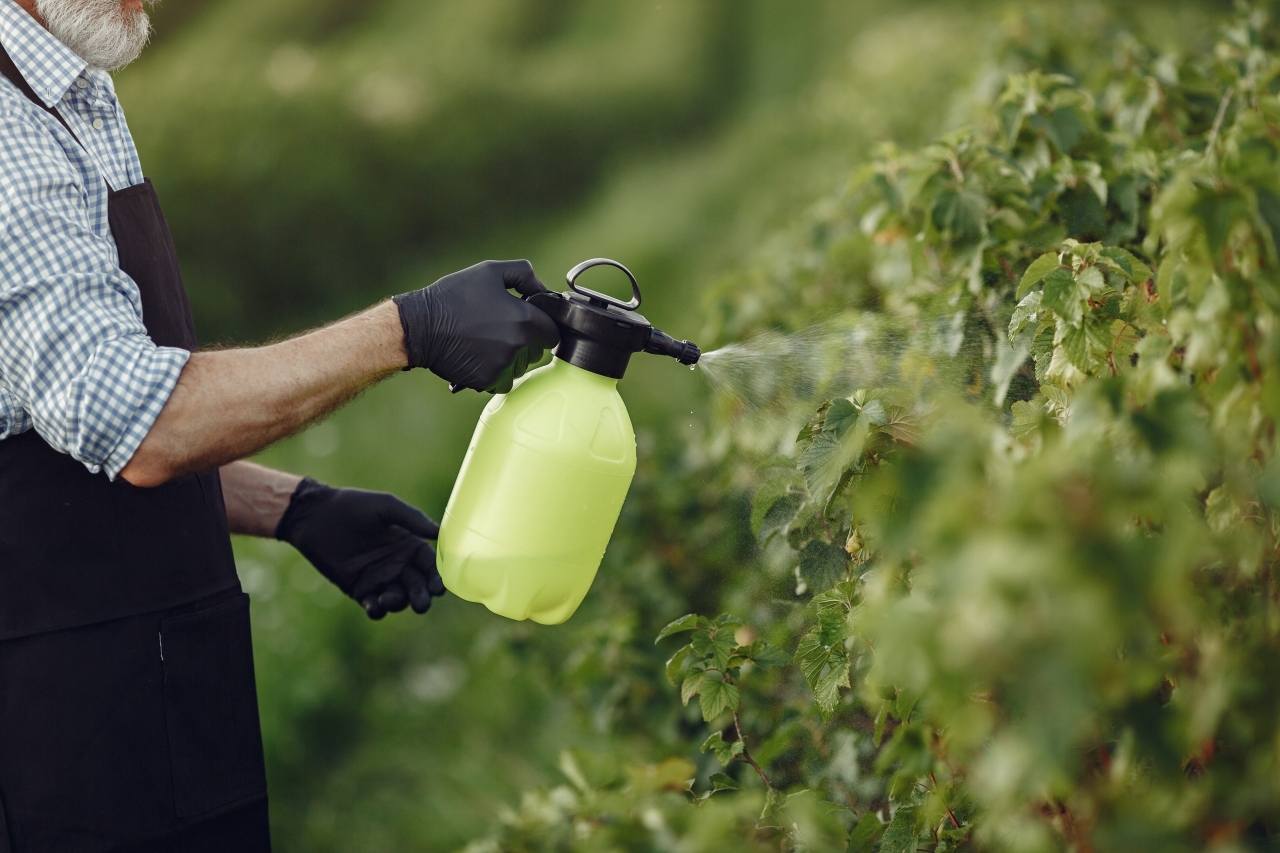 Rising Glyphosate Prices: Interpreting the Trend
Rising Glyphosate Prices: Interpreting the Trend
The current inflationary trend in glyphosate prices is reminiscent of 2008 when the price surged to over 100,000 Yuan per ton. This previous “glyphosate bubble” hallmarked by a huge price increase and subsequent crash is tempering investors and speculators enthusiasm with understandable caution. After bottoming out at a low of 19,000 Yuan per ton, glyphosate’s value has seen steady and dependable appreciation. At first glance this inflation can be attributed to simple fluctuations in the cost of raw materials and newly enacted government regulations in China. However upon closer scrutiny and detailed analysis we see that the recent price rise has been preceded by fierce political maneuverings, trade disputes and to a large extent the calculated business savvy demonstrated by Monsanto.
Glyphosate production is an integral cog in the economic engine of China’s crop protection manufacturing base. The amount of associated industry upstream and downstream both foreign and international involved in its productions, distribution transport etc. cannot be understated and for this reason the Chinese government is understandably protective of its interest. Treading a dangerous line between outright anticompetitive behaviors and protecting its indigenous markets, the Chinese government has adjusted the export tax rebate on N-Phosphonomethyl Aminodiacetic Acid (PMIDA) (an important precursor chemical of glyphosate). The removal of the 13% rebate was pitched as an environmental initiative to protect China’s phosphorus resources. However an ulterior motive for this move which has a hugely significant (and surely intended) knock-on effect is the promotion of the indigenous Chinese glyphosate industry. Foreign manufacturers sourcing PMIDA from China are now at a sizeable disadvantage in comparison to their Chinese counterparts. The move has been welcomed by the Chinese glyphosate industry and seems to have had the desired effect with indigenous enterpr

2013-08-16
China Hebei Province Tried to Abolish Fertilizer Registration
The northern agricultural province Hebei has abolished the registration obligation of all fertilizers from July 1 2013. All subject fertilizer products are freely circulated in the market as long as their producers obtain necessary license and the product meets the quality standard, which would reduce the burden on the shoulder of fertilizer producers and boost the agricultural supplies within the province.

2013-08-05
China Considers Phase out of Asomate and Urbacide
On May 24, China MIIT issued a notice to revoke the manufacturing approvals of 15 arsenic fungicide products due to their inclusion into an “elimination list” (see Chemlinked News Release on Jun 7 2013). However, the revocation does not necessary imply a complete ban as the ICAMA registration of these products are still effective, which means the products are allowed to be sold on the market. ICAMA is considering final steps to eliminate these substances from China.

2013-08-01
China’s Glyphosate Price Rebound to 40, 000 Yuan per Ton
In June 2013, China glyphosate production stood at 50,800 tons, down by 4% from previous month due to MEP’s newly enacted measures and periodic overhaul among the manufacturing sites. The current price topped 40,000 Yuan ($6,524 at current exchange rates) per ton last week and most of the Chinese producers have suspended quotation offers.The price is expected to continue to rise due to a deliberate supply shortage.

2013-07-30
ICAMA’s RA Report on Fly Coil Incense Products Deliberated by Expert Panel
On Jul 23, 2013, ICAMA invited peer review on the risk assessment report of fly coil incense products. After a briefing on the findings of the assessment conducted by the working group, the experts agreed to adopt the risk assessment report when granting ICAMA registration.

2013-07-29
Taiwan to Revise the Rules for Spot-Check on Pesticide Residues
On July 16, 2013, Taiwan Council Agricultural (COA), Executive Yuan has issued the Announcement 1021487246 to invite public comments regarding amendments to the rules for the spot checking on pesticide residues.

2013-07-25
China to Control the Fumigant Residues in Overseas Grain Carrier
On Jul 2, 0213, China AQSIQ released the Announcement 83 of 2013 to control the use of fumigant in overseas grain carriers. The measures were formulated to protect the field staff of the entry port and prevent food contaminations caused by the uses of fumigant during the transportation. The overseas cargo vessel which transport the grains into China are required to clear the fumigant residue in the ship and notify the handling of fumigant in written form, otherwise, the grain carrier will be forbidden from entering the port or the entry inspection.

2013-07-23
China Glyphosate Export Soar in H1 2013
During the first half of 2013, the volume and value of China’s glyphosate export have increased by 27.22% and 76.12% and the figure is still climbing. However the rat race led by the production expansion after price elevation looked more fearful to the industry. According to a recent symposium held by CCPIA, the rising price might be a short momentum as the market would soon become oversupplied by the producers. Furthermore, the industry is nervous about the recently enacted environmental verification (See ChemLinked News release on May 28 2013 ) and Wynca’s polluting case.(See ChemLinked News release on Jun 26 2013 )

2013-07-22
10 Bans and 39 Restrictions on Formulated Pesticides in Taiwan
On July 12, 2013, Taiwan Council of Agricultural (COA), Executive Yuan issued the Announcement 1021487227 and the Annoucement 1021487233 to ban 10 and restrict 39 formulated pesticide.

2013-07-18
Registration of Minor Use Pesticide to be Facilitated
Minor crops are high in value but usually not widely grown. Therefore, it is usually not profitable for private business to register the pesticide for minor crops as the low sales are insufficient to cover the cost of collecting data for pesticide registration. The situation is not only challenging China’s pesticide management but also growth of agricultural economy.
Most Popular
Opinions or requests
Please enter your opinions or requests regarding this site in the space below.
Submit

